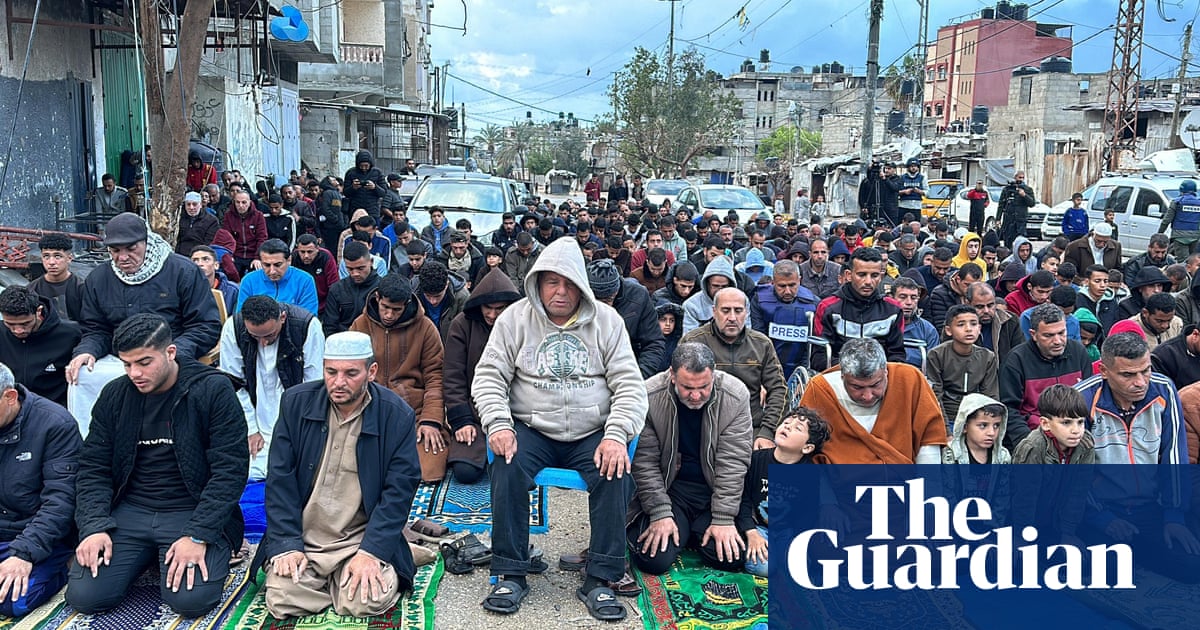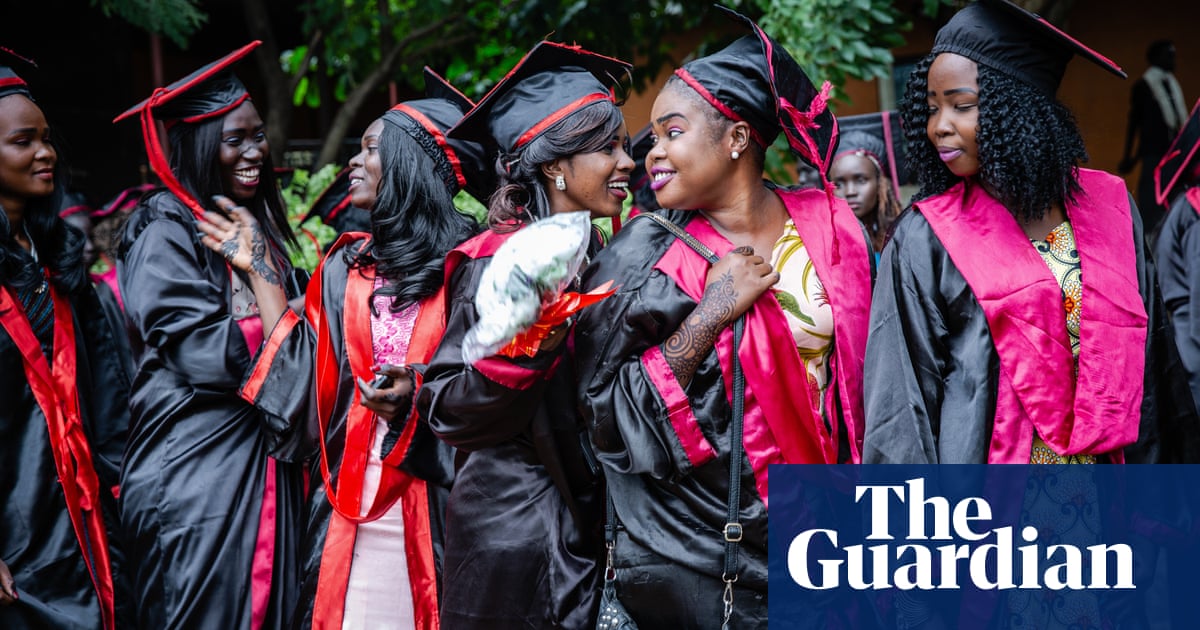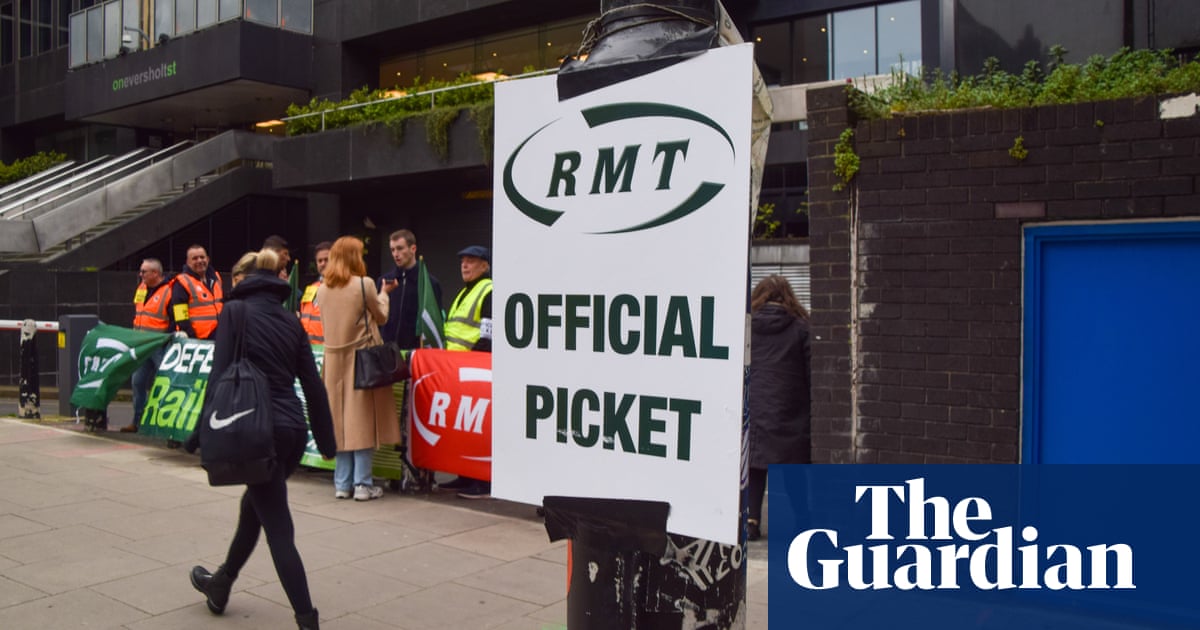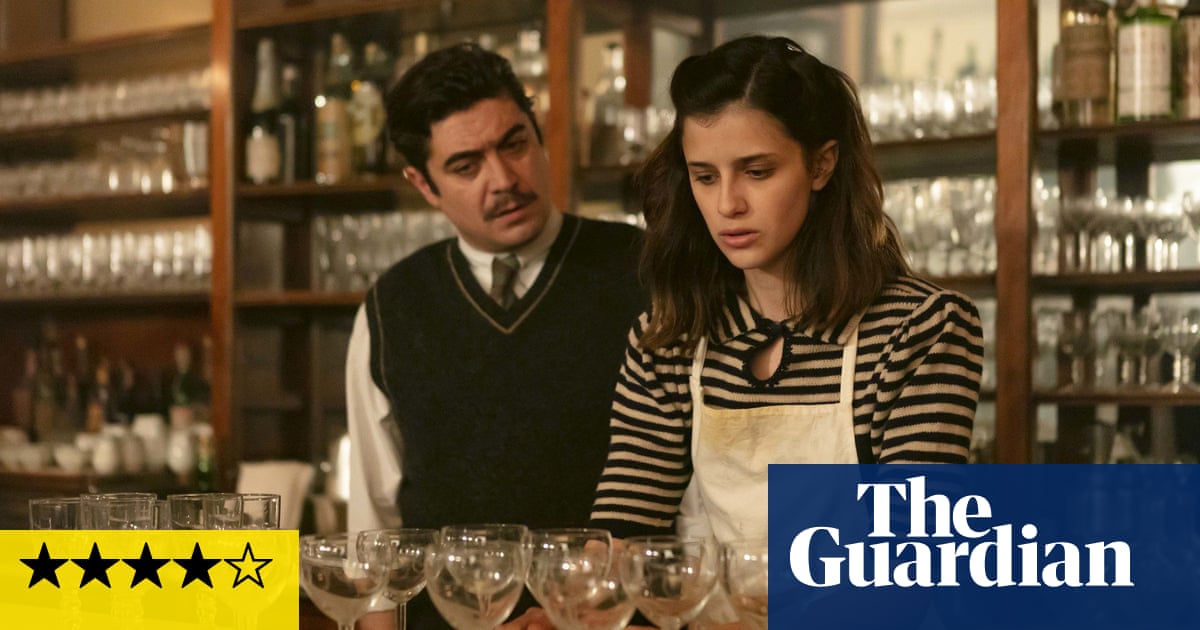
Hello and welcome to The Long Wave. This week I spoke to the Sudanese-British singer-songwriter Elmiene, a soul and R&B sensation who took the music industry by storm after just one viral video. We talked about his songs, the war in Sudan, and how to navigate the loss of home and face the reality of displacement. But first, the weekly roundup.
Weekly roundup
London theatre to stage ‘forgotten’ play | Alterations, by the Guyanese writer Michael Abbensetts, is to be performed at the National Theatre in London nearly five decades after its opening night in 1978. The tale, which follows a Caribbean tailor who tries to establish himself on Carnaby Street, will be directed by Lynette Linton.
DRC snubbed by AFC? | Arsenal have been accused of snubbing the Democratic Republic of the Congo by not meeting its foreign minister to discuss the English football club’s “bloodstained” Visit Rwanda sponsorship deal. Thérèse Kayikwamba Wagner visited London last week to raise concerns about Rwanda’s support for the M23 militia that is seizing parts of eastern DRC.
Jamaica tackles youth violence | The largest island in the English-speaking Caribbean has been struggling with a sharp increase in gang-related violence. Experts are calling for an anti-crime strategy to address the social and economic factors that contribute to children getting swept up in gangs.
USAid freeze hits HIV care in Zimbabwe | Trump’s executive order suspending foreign assistance has forced clinics in Zimbabwe to close and led to the dismissal of HIV nurses. Though the Trump administration gave a reprieve to some HIV and Aids services after public outcry, healthcare workers in the country remain unclear about what is exempted.
English town remembers Malcolm X | The US civil rights leader’s visit to the English town of Smethwick in February 1965, less than two weeks before his assassination, is to be commemorated in street art. Malcolm X’s trip to the West Midlands followed what was described as the most racist election campaign in British history.
In depth: Elmiene on finding comfort amid displacement
The first thing I say to Elmiene is that I still haven’t been able to get through the video for Open Light. On this track, he eschews glossy, scripted visuals and simply filmed his cousin’s wedding in Cairo. Seconds into scenes of dancing and familial togetherness, I broke down. War erupted in Sudan almost two years ago, and my family, Elmiene’s and millions of others were fractured and scattered as people fled. Open Light’s images of togetherness are a powerful reminder of everything that has been lost.
The song is from Elmiene’s latest EP, For the Deported, which is dedicated to those families and all who have been made refugees or displaced by war. The 23-year-old singer grew up in Oxford, UK, but is still profoundly connected to Sudan and his extended family. Despite our two-decade age gap and the differences in our backgrounds – I was born and raised in Sudan – the similarities in our formative experiences are almost identical. Elmiene grew up in a community of five aunties and 15 cousins, “all in Oxford doing our thing. We never left Oxford because our parents didn’t understand the concept of a holiday that wasn’t in Sudan, so it was either Oxford or Khartoum.” I tell him that it’s uncanny how similar Sudanese people are all over the world: growing up in big communal clusters, part of a constant stream of weddings and meals and social events and, no matter how far away we lived, with Sudan as the centre of our identity and emotional hinterland.
Elmiene captures that sense of yearning through the medium of soul music and a voice so powerful yet gentle that it feels like a physical consolation. It is a testament to his raw talent that he blew up three years ago off the back of a cover of D’Angelo’s Untitled, filmed on a phone by a friend in front of his family’s garage. The video ends abruptly, he says, because his friend’s battery died. Elmiene’s rendition of the neo-soul classic went viral and he began to get attention from music industry titans. He cobbled together the train fare to London, crashed on a friend’s couch and within weeks he was on his way to stardom. Elmiene has since featured on NPR’s Tiny Desk, been shortlisted for the Brits’ rising star award and is now in Los Angeles recording his next album.
The singer credits his rapid success to being “just a nerd”. Growing up he was immersed in the back catalogues of veteran soul and R&B singers such as Luther Vandross, Donny Hathaway, Sam Cooke and Raphael Saadiq. “I just knew that whatever this was, I loved it,” he says, admitting to being “an absorbent sponge”. To this day, he feels “an endless pull of soul and R&B. When I start melodies, I just have a massive bank, like some weird [musical] AI.”
Tribe and kinship
The rest is down to Elmiene’s mum. He is an only child to a single mother, a Sudanese immigrant who was temperamentally independent enough to support her son’s unconventional career path. They made up this “weird little duo,” he says. As parties and events in the broader community swirled around them, they would prefer to “stay home, have our fuul and watch Turkish dramas”. He speaks fondly of his mother, describing her as “a special one”. While his cousins had faced the “classic Sudanese pressure” to become doctors and engineers, Elmiene’s mother simply encouraged him to do what made him happy. “I’m so lucky,” he says.
Elmiene’s music and identity is grounded in that sweet spot of being close enough to tribe and kinship that you can appreciate its profound value, but distant enough to be able to imagine a different way of being, especially in exile. In Golden, a track that was played at the late Virgil Abloh’s final Louis Vuitton show, one verse exemplifies the risks of nostalgia for a homeland and not leaning into reinventing oneself:
Nowadays it seems that all my blades have been blunted;
Cuttin’ through life, my path all rugged.
Making mistakes ’cause my sight is clouded,
All of my senses have been runnin’,
’Cause I always fall in love with last year.
It’s hard for me, particularly in the shadow of war, not to be in love with the past and the time before the conflict. A time when I took for granted the comforts of having a home, wedding gatherings, teas in the yard and the effortless sprawling flow of being part of a Sudanese family. As we share stories about our relatives’ plight since April 2023, I realise that we also share a constant survivor’s guilt. Elmiene says: “I’m here in LA or New York and at the same time my grandmother’s hearing bullets and grenades.” He asks himself: “Is this where I should have been? What am I doing being a fucking musician? I feel like a clown sometimes.” When the war erupted, I had a similar sense of irrational self-reproach for being safe while others so close and dear were not.
‘The pursuit of peace’
I say to Elmiene that though he may feel as if his career is trivial in times of war, it has profound value. As a journalist, it has been hard to draw proportional global attention to the conflict, and I think the way that people process Sudan is compromised by the fact that our art, culture, peacetime joy and character have not been foregrounded. There is a human interface in Elmiene’s music that not only helps Sudanese people process a massive trauma, it also allows the world to know the country beyond the headlines. In his words: to show “there exists a world in east Africa where we speak Arabic and we’re black as well”.
It strikes me that this is the main difference between us. To Elmiene, For the Deported is an endeavour of finding somewhere to put his love for Sudan. I feel that I am constantly carrying that love, unable to convert it into anything but melancholy. Elmiene takes on a sort of kindly and sage role in our conversation. I ask how his music enables him to process what has happened to Sudan. He says his work centres on “the pursuit of comfort and peace in yourself. It all stems from the fact that our comfort – the place where people looked, spoke and acted like us – doesn’t exist any more. Now that we’re living in someone else’s comfort, we can only find it in ourselves. I’m trying to find comfort in myself, and hopefully through that someone else might do the same.”
I sat in silence after we said our goodbyes, trying to absorb that message. Then I attempted to watch Open Light’s wedding scene again. This time, I made it through to the end. Though there were tears, I managed, in glimpses, to see not all that is gone, but all that still exists.
To receive the complete version of The Long Wave in your inbox every Wednesday, please subscribe here.












